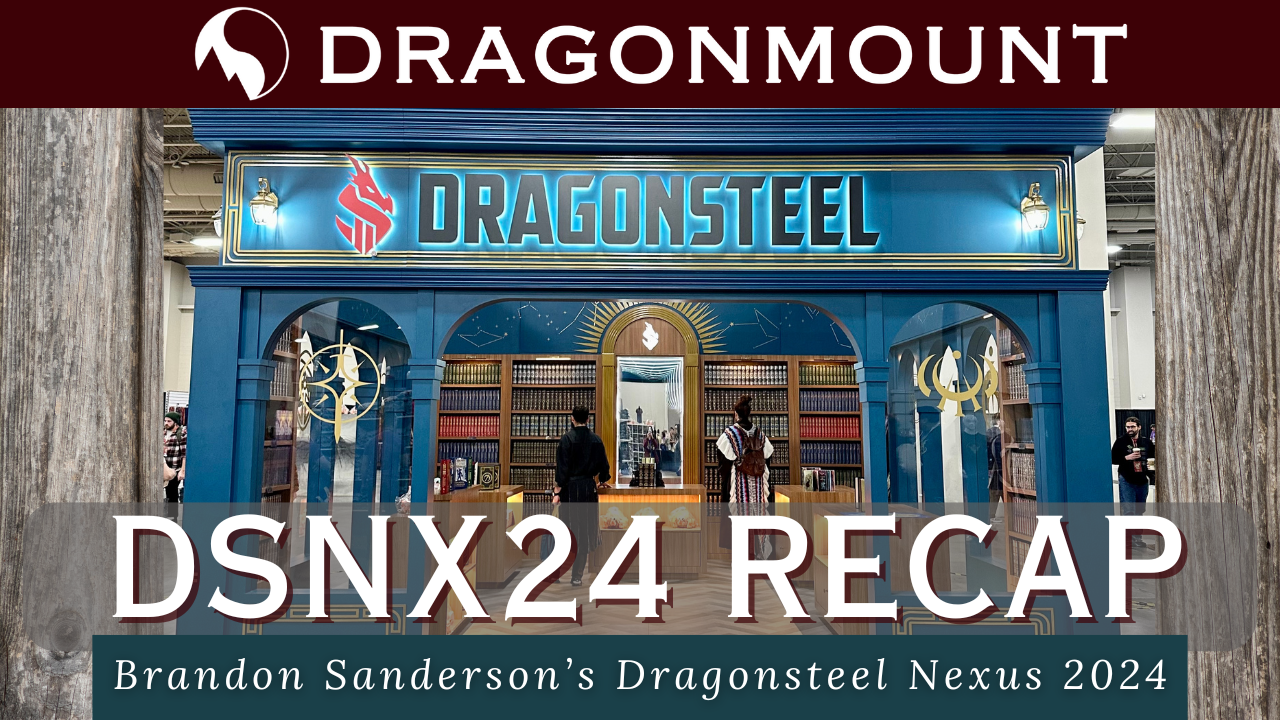What do you want to read for Banned Books Week?
Banned Books Week
13 members have voted
-
1. What do you want to read for Banned Books Week?
-
Are You There God? It's Me, Margaret., by Judy Blume2
-
Brave New World, by Aldous Huxley4
-
Crank, by Ellen Hopkins0
-
Cut, by Patricia McCormick2
-
I Know Why the Caged Bird Sings, by Maya Angelou1
-
Of Mice and Men, by John Steinbeck3
-
Revolutionary Voices, edited by Amy Sonnie0
-
Slaughterhouse-Five, by Kurt Vonnegut2
-
Summer of My German Soldier, by Bette Greene2
-
The Catcher in the Rye, by J. D. Salinger3
-
The Chocolate War, by Robert Cormier0
-
The Handmaid's Tale, by Margaret Atwood5
-
The Hunger Games, by Suzanne Collins3
-
The Perks of Being a Wallflower, by Stephen Chbosky1
-
ttyl, by Lauren Myracle1
-
Twilight, by Stephenie Meyer1
-
What My Mother Doesn't Know, by Sonya Sones1
-













Recommended Posts
Archived
This topic is now archived and is closed to further replies.